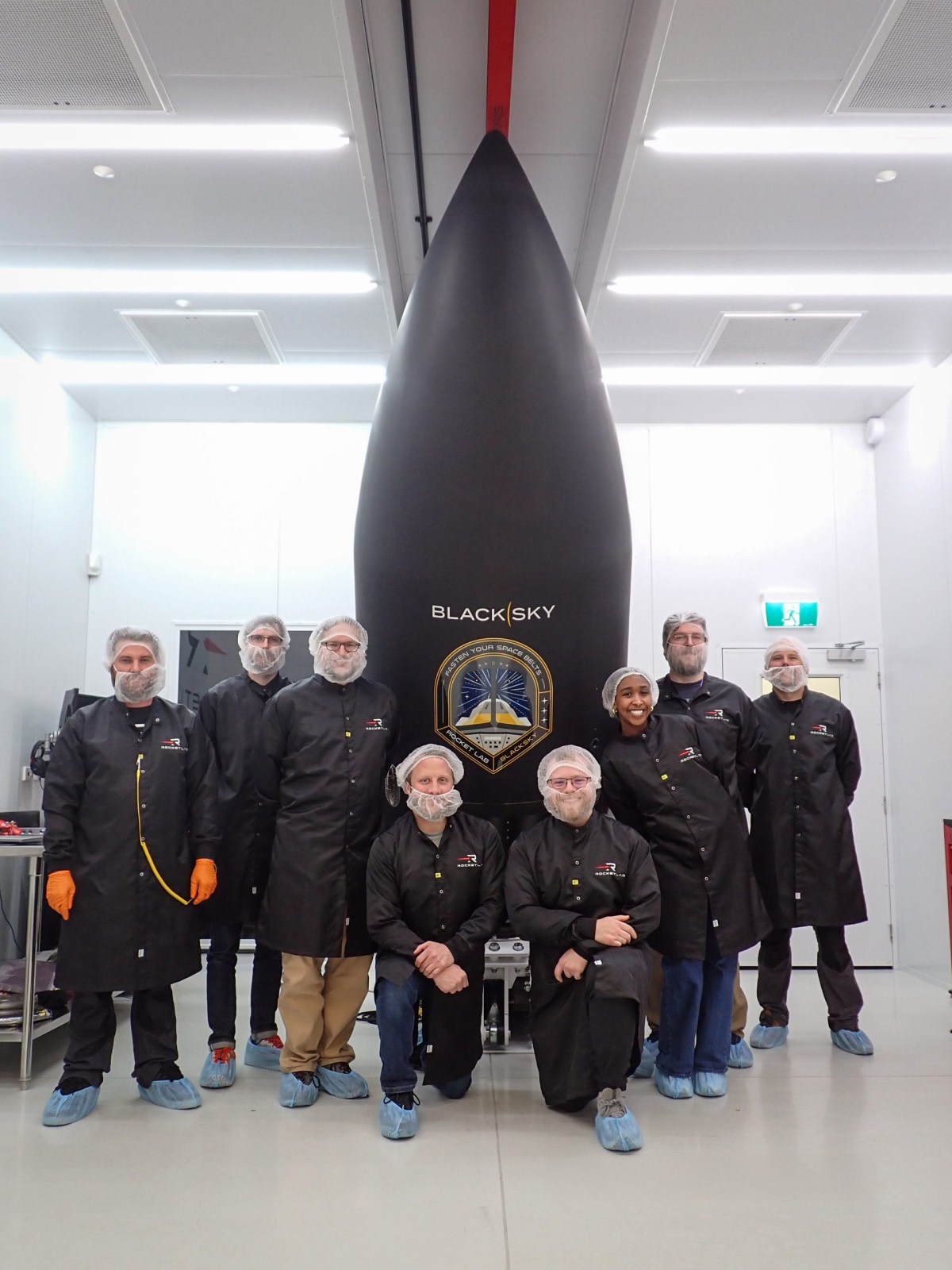WASHINGTON — BlackSky is set to launch its most sophisticated Earth observation satellite as early as next week as the company looks to strengthen its position in the increasingly competitive remote sensing market.The satellite, part of BlackSky’s new Gen-3 series, will provide high-resolution 35-centimeter imagery, an improvement that aligns with demands from U.S. and international government customers. The company announced on Feb. 10 that the first Gen-3 satellite is scheduled to launch as early as Feb. 18 aboard a Rocket Lab Electron rocket from the company’s New Zealand launch site.“This launch represents a major inflection point for our global defense and intelligence customer base as BlackSky introduces very high-resolution Gen-3 capabilities to our high-frequency, low-latency monitoring constellation,” Brian O’Toole, BlackSky CEO, said in a statement.The launch comes at a critical time in the Earth observation market, where BlackSky faces stiff competition from established players like Maxar Intelligence and Planet for U.S. and international government contracts. BlackSky recently announced a $100 million contract with an undisclosed international defense customer. Maxar and Planet announced deals with government customers in Europe and Asia-Pacific as nations increasingly seek satellite imagery for defense, intelligence and maritime security applications. BlackSky said the Gen-3 satellites will have capabilities that include short-wave infrared sensors that can penetrate smoke and haze, as well as the ability to conduct multiple observations of the same location within a day. They will also have inter-satellite laser links to enable rapid retasking for time-sensitive missions, a feature particularly valuable for defense and intelligence applications. The rollout of the Gen-3 series comes after BlackSky completed its acquisition of satellite manufacturer LeoStella in November, a move that grants the company full control over the production of its next-generation imaging satellites. LeoStella was previously a joint venture with Thales Alenia Space. While BlackSky originally planned to deploy its upgraded satellites in 2023, delays pushed back the timeline. Now, with manufacturing under its direct oversight, the company aims to accelerate its satellite deployments.
By Tyler Mitchell
Tyler is a renowned journalist with years of experience covering a wide range of topics including politics, entertainment, and technology. His insightful analysis and compelling storytelling have made him a trusted source for breaking news and expert commentary.
